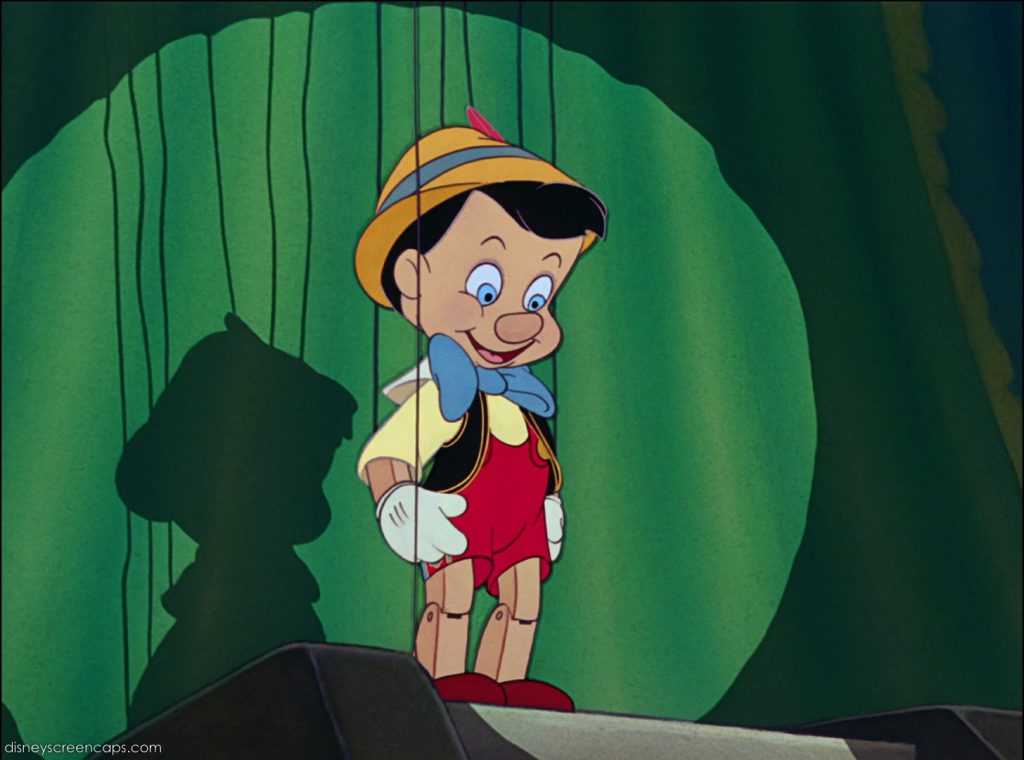
As recommended by the Global Catholic Movement, our theme for this 4th Sunday of the Season of Creation is ECOLOGICAL CONVERSION. But first, let us reflect on our readings today, the 26th Sunday in Ordinary Time.
In today’s parable about the two sons, we are told that the first son was asked by the father to go and work in the vineyard, and his answer was, I DON’T WANT TO. I find it significant that the father did not force him; he did not say “You go and work, whether you like it or not.” Instead, he went to the other son and made the same request.
The father’s respect for his sons’ decisions speaks a lot about his relationship with them. I imagine that the father had already sent some servants to the same vineyard. But he probably did not have the time to supervise them himself. And so he wanted one of his own two sons to go on his behalf, someone he could trust, someone who would obey—not as a slave to a master—but as a child to his parent.
The parable reminds me of the famous character of the much-loved 19th century Italian fictional novel by Carlo Collodi entitled, “The Adventures of Pinocchio.” In the story, Pinocchio is a wooden puppet, carved by a childless man called Gepetto from an animated piece of wood.
The puppet, which talks and moves around like a regular little boy, becomes a fulfillment of Gepetto’s desire to have a son who would be a little version of himself. Since he is called Giuseppino or Pino for short, he named the puppet Pinocchio or Little Pino.
The animated puppet is lovable, but he also starts behaving like a naughty rascal. He is fond of misbehaving and disobeying his father, preferring to go on his own little misadventures and causing a lot of trouble here and there. He is also wont to tell lies in order to save his skin. But each time he lied, his little nose became longer and longer. In the story, the puppet eventually becomes a real boy, thanks to the intervention of the Fairy in a dream.
Sometimes I wonder if the author did not write Pinocchio as an allegory for God the Father’s relationship with Adam, the creature whom he had made out of clay and which he animated with his own breath. It would be interesting to think of Pinocchio as a parable about humankind, the creature who causes a lot of headaches and heartaches on his Creator, the creature who has to be treated with a combination of paternal care and discipline in order for him to outgrow his tendency to misbehave and grow from a liar to a truthful, loving and obedient son. Could Collodi have thought of Pinocchio as Adam who had to mature into Christ, the Son of God?
In our Gospel parable, the father does not treat his son like a slave; he respects his child’s option to say no. If the son obeys at all, the Father wants him to do so not as a slave but as a child, whose obedience is out of love.
Remember how Jesus also said something to this effect to his disciples? John tells us at the Last Supper, Jesus said to his disciples, “I do not call you servants because a servant does not know what his master is doing. Rather, I call you friends.” (John 15:15) If we transpose that into the Father’s discourse, its equivalent would be, “I do not regard you as my slaves. You are my sons and daughters.” But to grow from servants to friends, or from slaves to sons and daughters, they had to learn to love, to respond freely, to be obedient, faithful and committed.
Our second reading gives us a paradox about how Adam could grow into Christ. The secret is KENOSIS, the option for a total emptying of self in the name of love. And so it was with Christ, Saint Paul tells us, who—though he was a Son—made an act of the will to humbly obey like a servant.
He completes the Father’s joy by being “of the same mind, having the same love, being united in heart and thought” with his Father. And we, the children of Adam and Eve will be able to do likewise, by doing as as Christ did. How we can find our true identity only in Christ, through whom we discover what we are called to be, namely, GOD’S BELOVED CHILDREN. And for this to happen, we need to undergo a whole process of transformation we call CONVERSION.
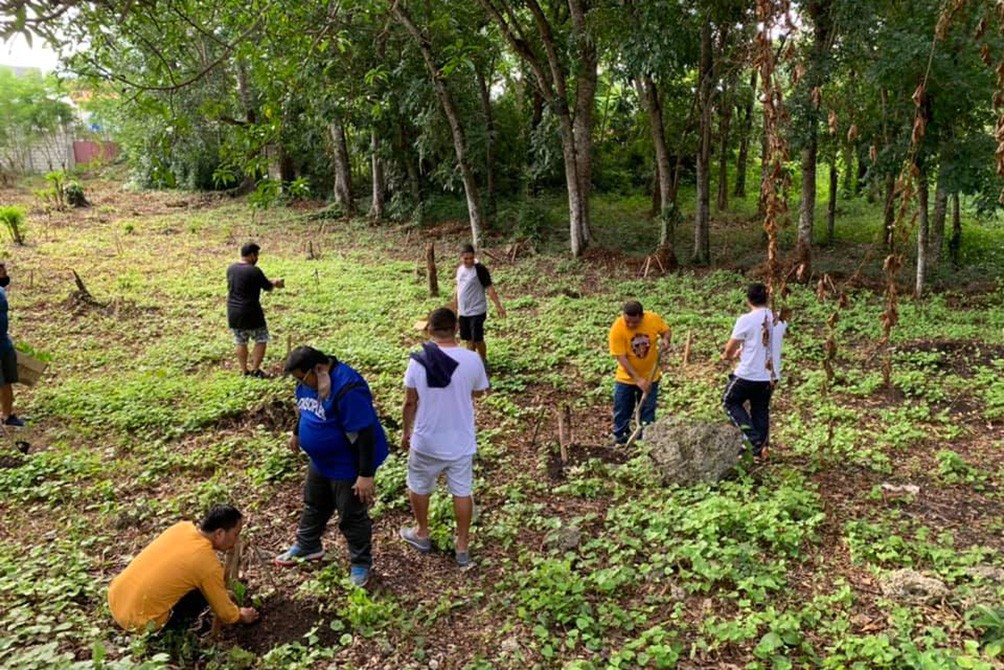
Perhaps we can now relate this to our theme for the 4th Sunday of the Season of Creation: ECOLOGICAL CONVERSION. Humankind, like Pinocchio has the tendency to behave like the naughty little rascal who loves to go on his own. We are like the son in the parable who tests the father’s love by saying no, by disobeying, only to have a change of heart after feeling sorry about breaking the father’s heart. Only after we realize what we are to God do we experience conversion and start growing from arrogant creatures into his beloved children who know how to exercise our stewardship as an act of love.
Like the Father who created us, we have been designed to be creative ourselves. But we tend to abuse this creative power when we become arrogant, when, instead of obeying the Father’s will, we prefer to go on our own, and start behaving as if we were the owners of creation, that we could lord it over the world, as if we had all the prerogative to do as we please, to abuse our position of stewardship.
Remember the curse that went with the sin of Adam and Eve in Genesis 3:17-19? It had negative implications on our relationship with nature, with creation, with our environment. “Cursed is the ground because of you! In toil you shall eat its yield all the days of your life. Thorns and thistles it shall bear for you, and you shall eat the grass of the field. By the sweat of your brow you shall eat bread, Until you return to the ground, from which you were taken; For you are dust, and to dust you shall return.” Until and unless we have come to terms with our own earthenness, we will not be reconciled with the earth.
The writer is telling us that our conflicted relationship with nature has to be healed. We cannot be at peace with our environment unless we have the humility to undergo the same process of reconciliation recommended in the sacrament: CONFESSION, CONTRITION, PENANCE AND ABSOLUTION.
CONFESSION, meaning, we have to have the humility to admit our sins against each other and against creation. CONTRITION, meaning, being sorry for the destruction that we cause on nature after realizing them. PENANCE, meaning, having the willingness to make amends, to do concrete acts of reparation for our mistakes. And ABSOLUTION, meaning, our liberation from the slavery of sin into the freedom of the children of God.
Many years ago, a man offered to have a deal with us over the mango trees in our little mango orchard in Bataan. I endorsed him to my mother who was still alive, back then. The man said the deal was 60-40. He would take care of all the expenses related to the care of our mango trees and at harvest time, he would split up the harvest: 40 to us and 60 to him. It sounded fair, so we allowed him.
One day, I visited the farm and he alerted me that he had just sprayed the whole farm with pesticide. When I finally was allowed to enter, what I saw shocked me: it was like a literal massacre. I saw all the creatures lying around, dead: ants, butterflies, dragonflies, bees, lizards, geckos, bats, birds, including owls, yes, almost every animal ended up dead. I checked the pesticides he had used, googled them and found out they were prohibited in most other countries. He also used tons of chemical fertilizers to induce the mango trees to bear fruit.
That was the first time I really felt a deep remorse for a serious sin of abuse against environment. I held a beautiful dead butterfly and found myself crying and feeling guilty and sorry to these fellow creatures. This opened my eyes to the reality that I had overlooked, and which Pope Francis has powerfully communicated to the world through his encyclical LAUDATO SI: the earth is our common home. We are mere guests, fellow residents, stewards, not owners. We are accountable to our Creator, not just for ourselves, but for all our fellow creatures in this world—including the birds and the bees, and the flowers and the trees.
May the COVID-19 pandemic, be an occasion for our ecological conversion towards ecological justice. May it lead to a change of heart from abusive slaves to humble stewards, to faithful, committed and responsible sons and daughters of the One Lord of Creation.
This is Bishop Pablo Virgilio David’s homily for September 27, 2020, 26th Sunday in Ordinary Time, 4th Sunday of the Season of Creation, Matthew 21:28-32. Bishop David of Kalookan is acting president of the Catholic Bishops’ Conference of the Philippines.
Source: Licas Philippines
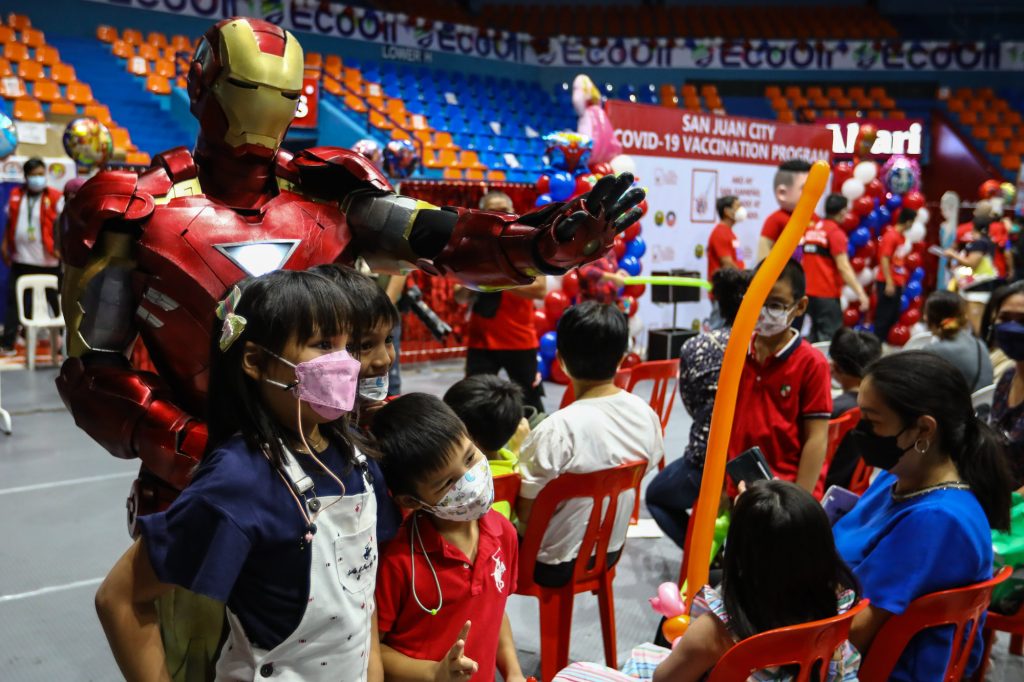
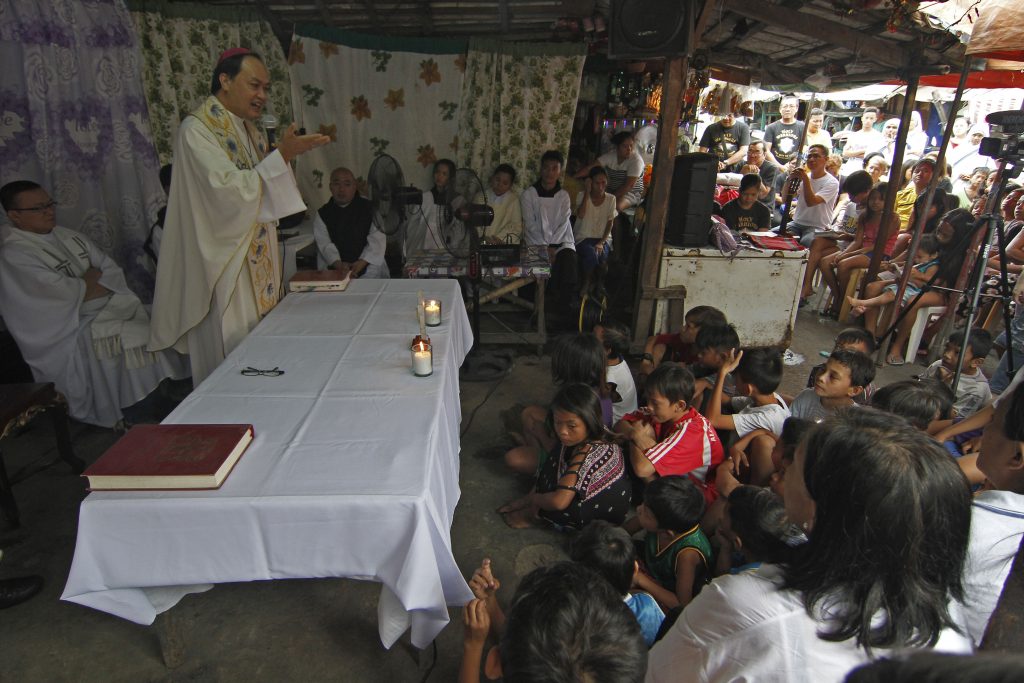
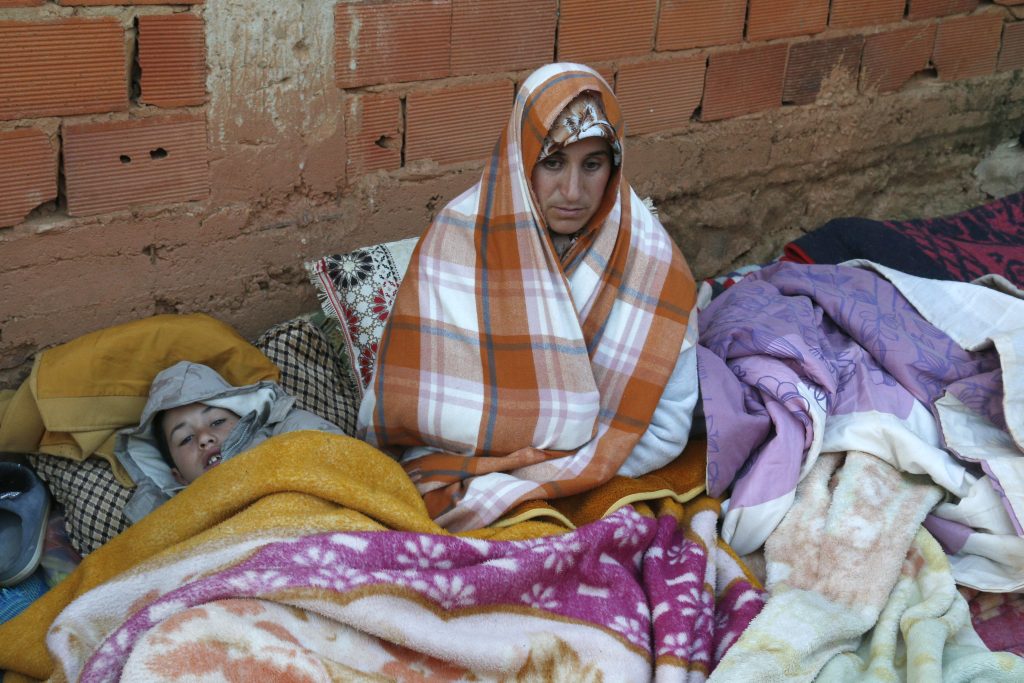
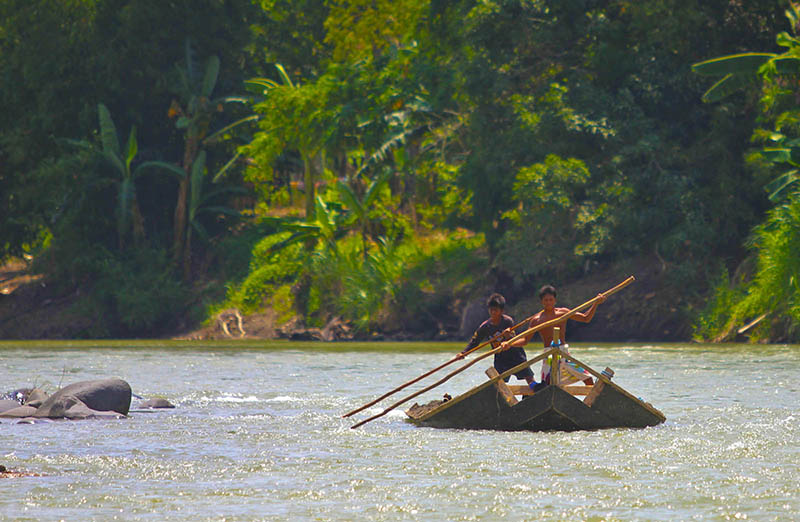


0 Comments